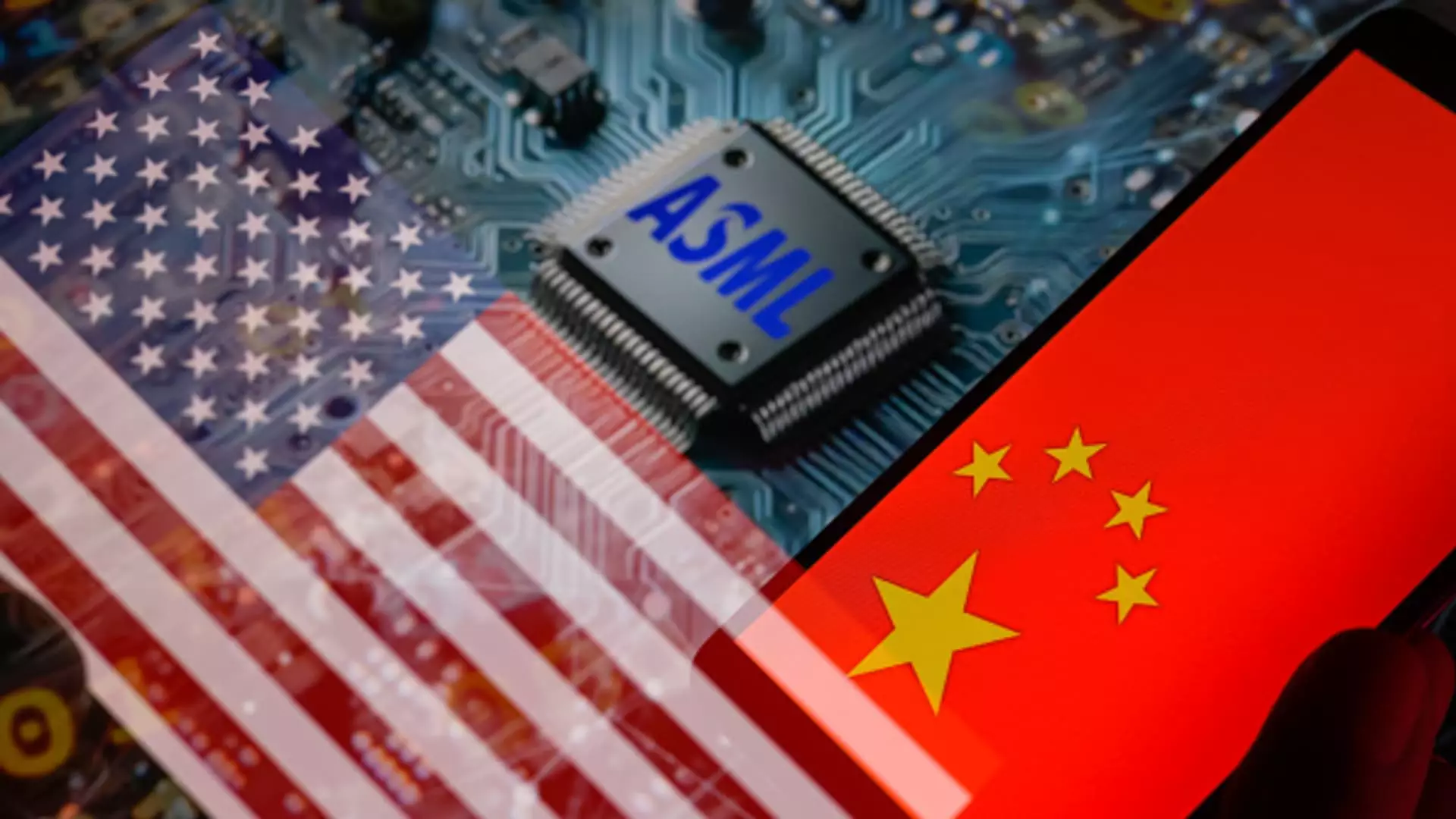Recent developments in U.S.-China relations have reverberated through the global semiconductor equipment market, prompting an unexpected surge in stock values of leading firms. In the wake of reports suggesting a shift in U.S. sanctions strategy concerning China’s chip industry, shares of prominent companies like ASML and Tokyo Electron experienced notable increases. Specifically, ASML’s stock rose approximately 3.6% in Europe, while Tokyo Electron’s shares surged over 6% in Japan. This trajectory illustrates a complex interplay between geopolitical considerations and economic interests, which investors are keenly monitoring.
Understanding the Context of Restrained Sanctions
The context behind these movements is critical to understanding the semiconductor industry’s current challenges. The U.S. has been contemplating further measures to restrict the export of semiconductor equipment and AI memory chips to China, but the proposed regulations may not be as stringent as previously suggested. Sources point to a more measured approach from Washington that could alleviate some pressure on the industry. This shift indicates an ongoing balancing act between national security concerns and the economic ramifications of overly aggressive sanctions.
Central to these discussions are important global players such as ASML, which occupies a pivotal role in the chip production supply chain. The company manufactures machines essential for producing advanced semiconductors. This critical function places ASML squarely in the spotlight of the ongoing technology clash between the U.S. and China, where any regulations affecting semiconductor manufacturing could lead to significant ramifications for the company’s revenue.
Additionally, analysts have pointed out that ASML had anticipated a considerable revenue decline from China in the coming year; however, this newly emerging framework could suggest a less severe downturn than expected. For instance, the exclusion of ChangXin Memory Technologies from potential sanctions may provide a more optimistic outlook for ASML’s market performance in China.
The implications of these regulatory considerations extend beyond individual companies to the broader semiconductor supply chain. As restrictions tighten for manufacturers selling to Chinese customers, firms like ASML are faced with the possibility of fluctuating demand. The ramifications of direct actions against semiconductor manufacturers could yield adverse effects on ASML and similarly positioned companies, which rely heavily on robust sales to chip fabrication plants (fabs).
On the other hand, this potential easing of restrictions has provided a glimmer of hope. While challenges remain, ASML and other international semiconductor equipment manufacturers find themselves in a paradoxical situation: increased demand from non-Chinese markets could offset losses in China, fostering opportunities for growth elsewhere.
As the semiconductor industry grapples with the evolving landscape shaped by U.S.-China relations, the path forward is marked by uncertainty. While investors celebrate short-term gains in response to reports of less draconian sanctions, the broader economic implications remain to be seen. The choices made by policymakers in both nations will ultimately shape the trajectory of the semiconductor supply chain, influencing not just key manufacturers like ASML and Tokyo Electron, but the global economy at large. As such, stakeholders must remain vigilant as they navigate these intricate dynamics in the ever-evolving technology sector.

